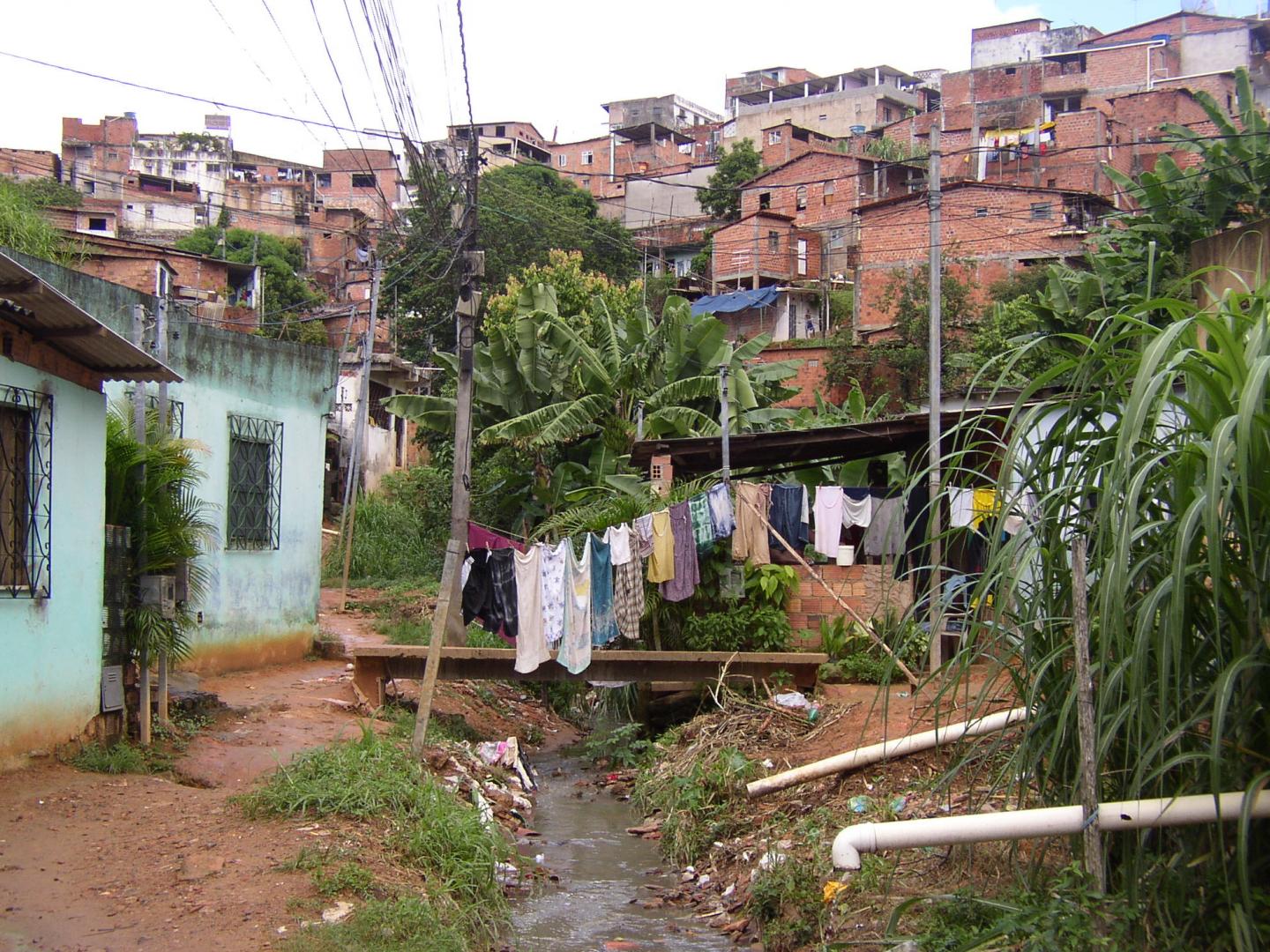UF biologist joins team led by Brazilian Ministry of Health to tackle endemic viruses

Credit: Albert Ko, Yale School of Public Health
In the epicenter of the Zika epidemic in northeast Brazil, 73 percent of people living in an urban slum in Salvador were infected in 2015. However, in this highly affected population, those with immunity to dengue, a genetically similar virus, had a reduced risk of infection with Zika. University of Florida epidemiologist Derek Cummings is a senior author on the first study to explore the relationship between dengue antibodies and Zika resilience. This new research, published in Science on Feb. 8, 2019, offers insights into how immunity might be conferred from dengue-infected individuals exposed to Zika. “This study is the first to demonstrate that immunity to dengue can protect against Zika infection in human populations,” said Cummings, professor of Biology and faculty in the Emerging Pathogens Institute.
Led by the Brazilian Ministry of Health, a team including Cummings, as well as scientists from the Yale School of Public Health and the University of California San Francisco, examined a cohort of 1,453 residents participating in a long-term health survey in Pau da Lima, Salvador, Brazil. The residents may have been exposed to Zika during the 2015 outbreak in northeastern Brazil. The team then examined a subset of 642 dengue-infected residents and analyzed their risk for Zika. “Even though there was protective immunity in the population, this community was heavily infected,” said Cummings. “We estimate that 73 percent of the population was infected by Zika.”
The team developed a unique assay that measured immunoglobulin G3, which responds to a key protein in Zika. Despite the study area comprising less than one-quarter of a square kilometer, the researchers found an overall attack rate of 73 percent, yet wide variation in the risk of Zika infection across short distances. Likely depending on environmental factors such as mosquito breeding grounds, rates of infection varied from a low of 29 percent to a high of 83 percent.
Out of the 642 samples, 86 percent were positive for dengue, and for those with this prior immunity to dengue, each doubling of antibody titers was associated with a 9 percent reduction in risk of Zika infection.
“Although there are pockets of susceptible populations which were not hit by Zika, the Zika pandemic has created overall high rates of immunity in the Americas, which will be a barrier for outbreaks for the next few years,” said Cummings.
###
The study was supported by the US National Institutes of Health (grant to the University of Florida NIAID R01 AI114703, other institutes supported by NIAID R01 AI121207, NIAID U01 AI088752, FIC R01 TW009504 and FIC R25 TW009338), Yale School of Public Health and the Brazilian Ministries of Health, Education and Science and Technology.
Media Contact
Derek Cummings
[email protected]
410-916-1371




